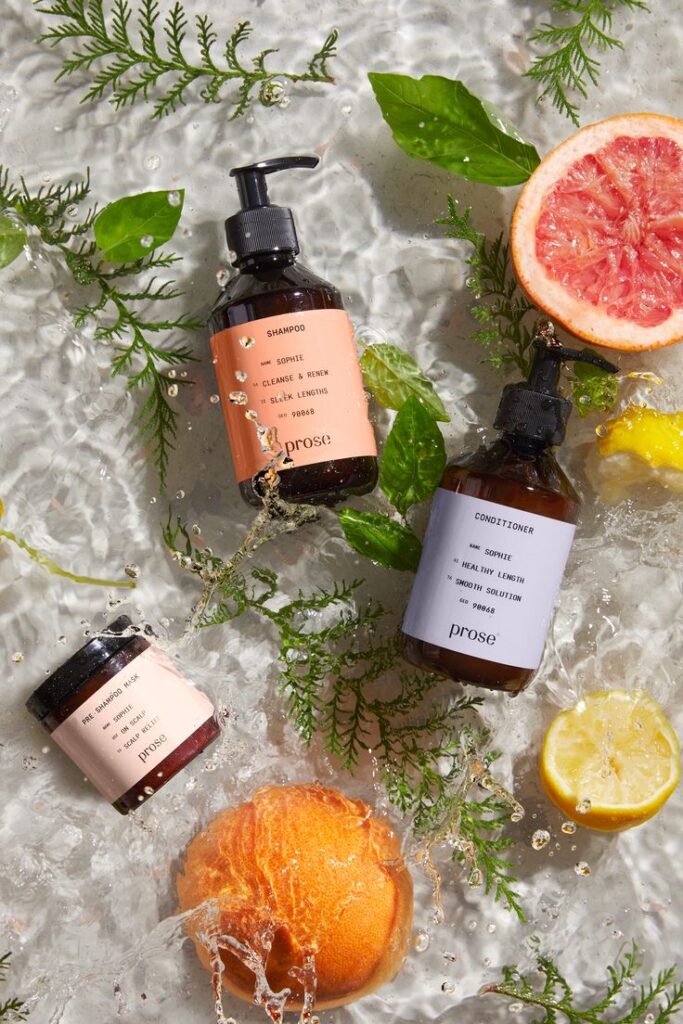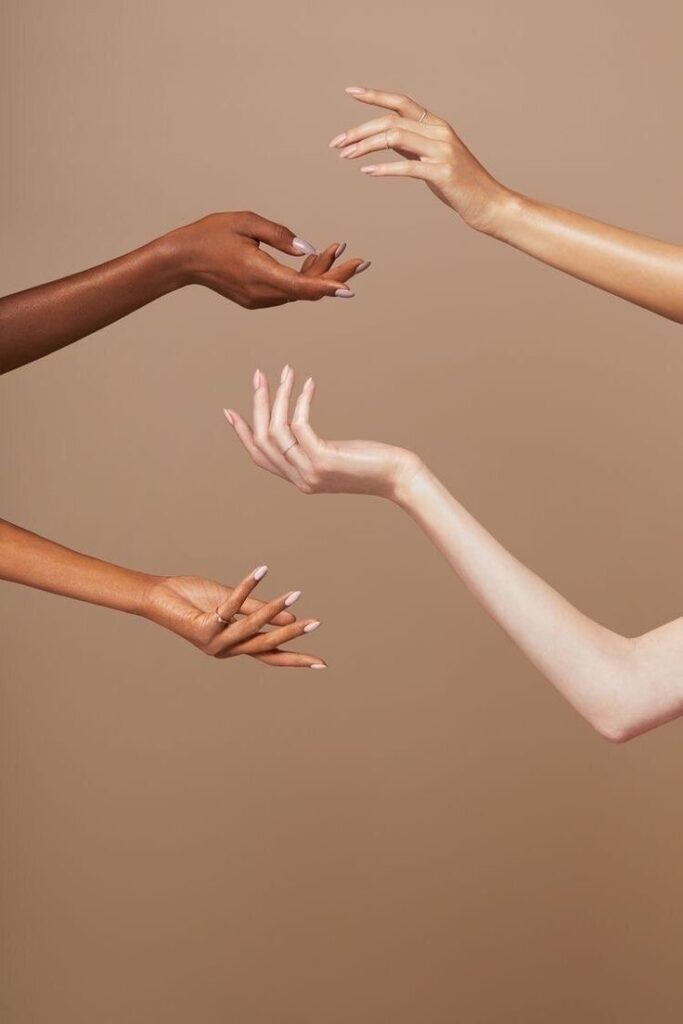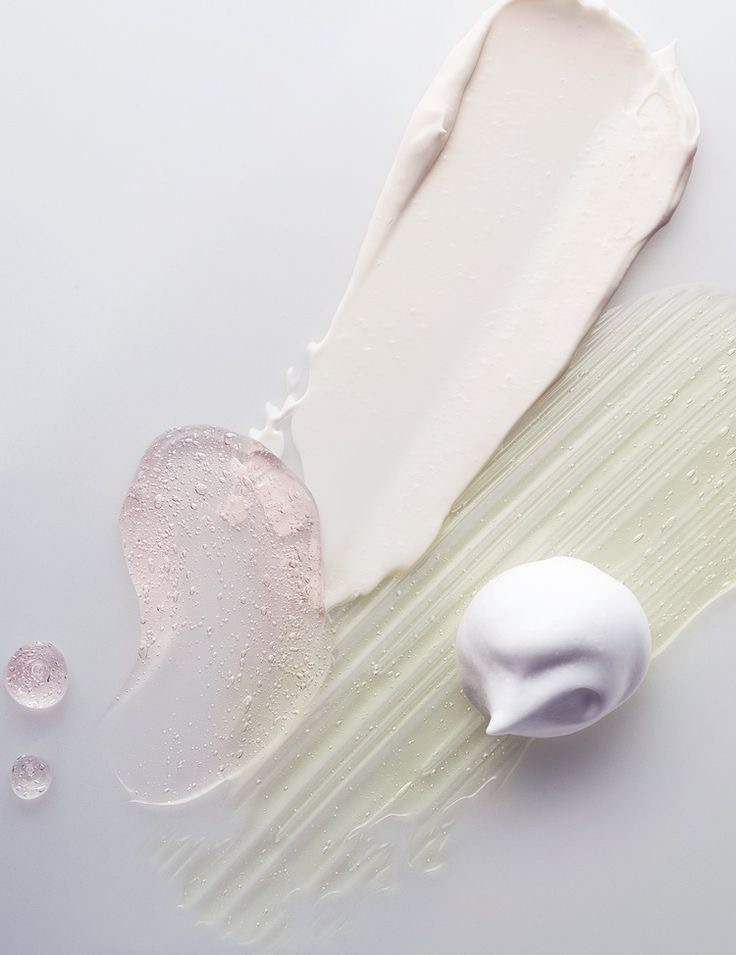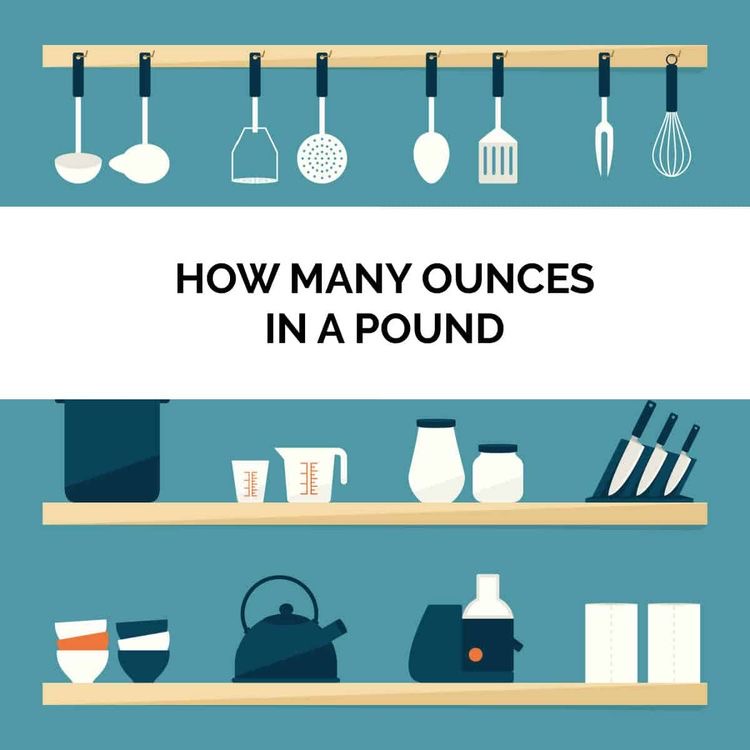
Table of Contents
Introduction
In recent years, there has been a significant shift in the beauty industry towards clean and natural skincare and cosmetics. Consumers are increasingly conscious of the products they apply to their skin and are opting for cleaner alternatives that promise to be free from harmful chemicals and toxins. It’s products have gained popularity for their promise of being gentle on the skin and not contributing to long-term health concerns. However, amidst the buzz surrounding clean beauty, several myths have emerged that need to be debunked. In this comprehensive article, we will delve into the world of clean beauty, separating fact from fiction and providing you with the knowledge to make informed choices for your skincare routine.
Myths About Clean Beauty:
Myth 1:
All Natural Ingredients Are Safe
One common misconception in the clean beauty movement is the belief that all-natural ingredients are inherently safe. While natural ingredients are generally preferred for their potential benefits, it’s essential to understand that not all natural substances are safe for skincare. For example, poison ivy is a natural plant, but it can cause severe skin reactions.
To navigate the world of clean beauty, it’s crucial to pay attention to product labels. Terms like “organic,” “natural,” and “clean” can be confusing. The key is to read the ingredient list and understand what the product excludes. This way, you can identify which natural ingredients are beneficial for your skin and which might cause adverse reactions. It is about making informed choices based on ingredient knowledge.
Myth 2:
Clean Beauty Products Are Ineffective
Another misconception surrounding clean beauty products is that they are less effective than conventional alternatives. This myth can deter consumers from making the switch to cleaner products. However, it’s important to recognize that clean beauty products can be just as effective, if not more so, than their conventional counterparts.
Many clean beauty brands invest heavily in research and development to ensure that their products deliver the desired results. Understanding the role of synthetic ingredients is also crucial. Synthetic ingredients aren’t necessarily harmful; in fact, they can sometimes be more stable and better suited for certain formulations compared to natural alternatives. The effectiveness of a product depends on the formulation and the specific needs of your skin, not whether it contains synthetic or natural ingredients.
Myth 3:
Clean Beauty Is Always Expensive
There’s a common misconception that clean beauty products are always expensive. While it’s true that some clean beauty brands do carry higher price tags, this is not a universal rule. The cost of a product is not always an indicator of its effectiveness or safety.
Around the world, there are affordable options that deliver excellent results. Rather than assuming that a higher price guarantees better quality, consumers should focus on reading ingredient lists. Ingredients are typically listed in descending order of concentration, allowing you to understand what’s in the product. This knowledge empowers you to make informed decisions about the products you choose, regardless of their price point.

Myth 4:
Clean Beauty Is A Passing Trend
It is likely to remain a prominent force in the industry as consumers prioritize their well-being and seek products that align with their values. The benefits of clean beauty products extend beyond skin health; they often focus on sustainability and ethical practices, which are values that resonate with a growing segment of the population. This sustainability-driven approach ensures that clean beauty is here to stay.
Some skeptics view clean beauty as a passing trend, a fleeting moment in the ever-evolving beauty industry. However, it is more than just a trend; it represents a significant shift in consumer preferences and values. It is a response to the growing demand for safer and more transparent products.
Myth 5:
Chemical-Free Means Safe
One of the misleading concepts associated with clean beauty is the idea that “chemical-free” products are inherently safe. This misconception stems from a misunderstanding of chemistry and the role of chemicals in skincare. It’s important to clarify that not all chemicals are harmful, and the term “chemical-free” can be misleading.
Water, for instance, is a chemical, and it is fundamental to skincare formulations. Moreover, not all natural ingredients are inherently safe, as we discussed in Myth 1. When transitioning to it’s products, it’s essential to recognize that your skin may go through an adjustment period as it adapts to new formulations. Patience is key, and allowing time for your skin to acclimate can lead to a positive experience with clean beauty.
Myth 6:
Clean Beauty Is Suitable For All Skin Types
While it products have gained popularity for their emphasis on safety and purity, it’s important to understand that they may not be suitable for all skin types. Just like any other skincare product, clean beauty items can have varying effects on different individuals.
Skin sensitivity and preferences vary widely among consumers, making it essential to find what works best for your unique skin type and concerns. It’s crucial to separate marketing hype from reality when it comes to it. Marketing claims can sometimes exaggerate the benefits of products, so it’s advisable to rely on research, reviews, and expert guidance to gain a more accurate understanding of a product’s efficacy.

Conclusion
In conclusion, it is not just a passing trend but a significant and lasting shift in the beauty industry. It offers consumers a safer and more conscious approach to skincare and cosmetics, aligning with their values of health, sustainability, and transparency.
By debunking the myths surrounding clean beauty, we aim to empower consumers to make well-informed decisions about the products they use in their self-care routines. It represents an opportunity to prioritize your well-being and contribute to a more sustainable and ethical beauty industry. Whether you choose it or not, the key is to understand your skincare needs, read ingredient lists, and select products that align with your individual preferences and values. In this way, you can embark on a skincare journey that promotes both your health and the well-being of our planet.
Share this content:








